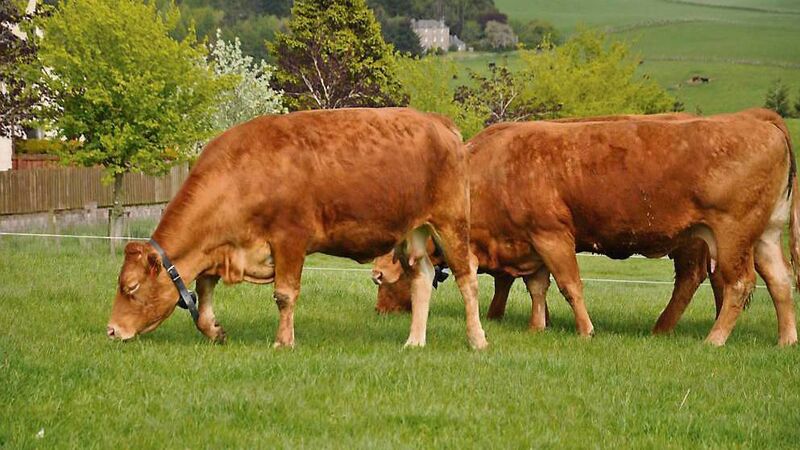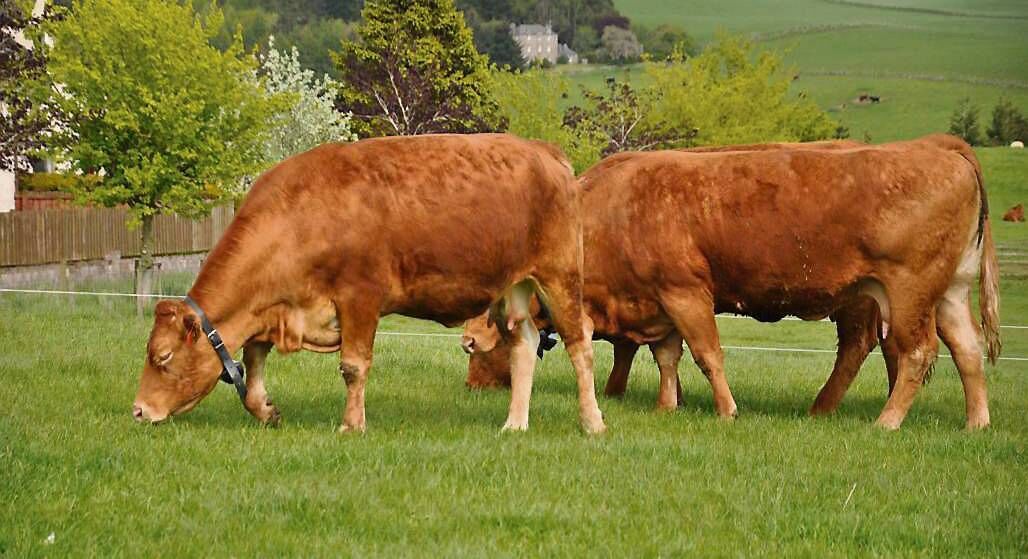Scots to try out virtual fencing on their hill herds


NoFence in Norway, and e-shepherd in Australia and New Zealand, are the virtual fencing systems closest to market, according to researchers in Scotland who are beginning a trial of such systems on five highland and island hill farms.










